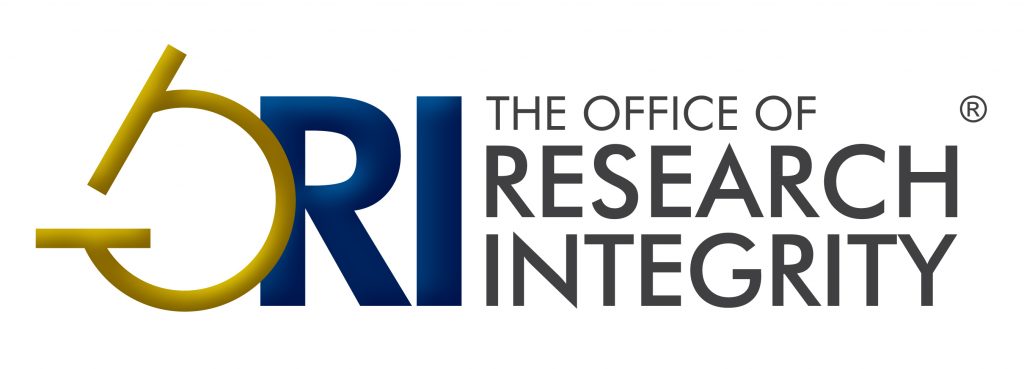A former research fellow at Harvard Medical School faked data and used images from another scientist without attribution in a published paper and two grant applications, according to findings from the U.S. Office of Research Integrity.
The researcher, Arunoday K. Bhan, was also a former staff scientist at City of Hope Medical Center in Duarte, Calif., and first author on “Human induced pluripotent stem cell-derived platelets loaded with lapatinib effectively target HER2+ breast cancer metastasis to the brain,” which appeared in Scientific Reports in October 2021. The article has been cited eight times.
The paper was retracted in March. The retraction note cited an investigation by City of Hope and detailed “discrepancies in the data” that match ORI’s findings.
Continue reading Former Harvard cancer researcher plagiarized data, federal watchdog says








